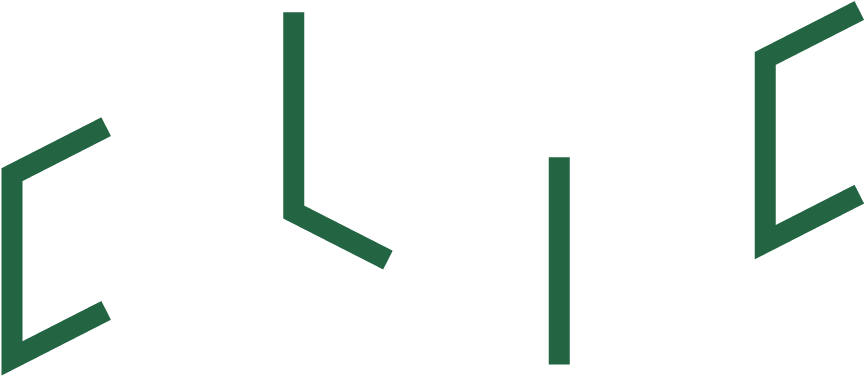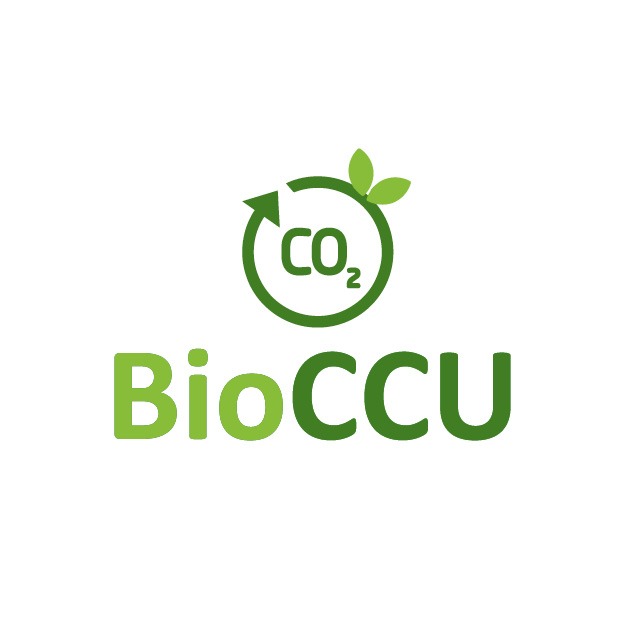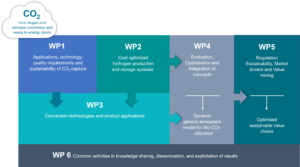BioCCU background
While the decarbonisation of society is and will remain at a high priority, there will be a continuing need for sustainable carbon as a feedstock and raw material going forward and an increasing need for solutions for carbon removals through long-term utilization and storage. This creates a great interest for carbon capture and use (CCU) in conversion products creating sustainable value of the bio- and waste-based Carbon dioxide (CO2).
While the decarbonisation remains key priority, the EU Commission recognises that circular economy and sustainable bioeconomy sectors combined with a recycling of carbon are necessary to replace fossil fuels in sectors that are inevitably carbon dependent and will remain such also in the future. Recycling of carbon from waste streams and sustainable biomass sources in addition to direct air capture are seen as key actions to deliver on the aforesaid objectives and deliver feedstock to the EU economy of e.g. synthetic fuels, plastics and chemicals.
BioCCU objectives
A consortium of three companies and five research organizations are working together to research and develop solutions for CO2 capture, green hydrogen production and CO2 utilization, and to identify the best business models for the value chains. The project started in August 2022 and will finish at the end of July, 2024. The total budget is 8.3 M€.
The goal of the project is to create up-to-date and forward-looking information and disseminate it to larger ecosystems. The project is additionally supported by five companies. The Bio-CCU project gives a head start to Finnish companies providing technological solutions and services for international bio-based CO2 markets.
The main targets of the BioCCU project support fast growing and large market for the negative CO2 emission applications. The objectives are:
- Identify the regulative feasible, economically, and socially optimal business models and value chains to create understanding on how to commercialize and capture economic value from future possibilities in CO2-based products and services in sustainable way.
- Identify the best technologies for the carbon capture and utilization of CO2 in chemical, biochemical and electrochemical conversion, including the CO2 capture and H2 production in terms of efficiency and sustainability.
- Compare raw materials, processes and products to find best sustainable techno-economic pathway and applications to further development of the products.
- Promote sustainable circular economy solutions in bio- and waste-based CCU including possibilities to sell carbon credits in voluntary markets as services.
- The results promote possibilities to export the products and services and the competitiveness of Finnish companies and industries
Work content
Work plan contains six work packages:
Partners
Research project partners include Tampere University, University of Oulu, LUT University, Luke and University of Helsinki. Company project partners are Fortum, Chemitec and Sumitomo. Additionally, Stora Enso, Kiertokaari, GBW, Oulu Energy and P2X Solutions are involved as company funding partners.
Contact

Pia Salokoski
Head of Energy, currently also Coordinator of the Hydrogen Cluster Finland
Tel. +358 400 476 626
pia.salokoski(at)clicinnovation.fi



